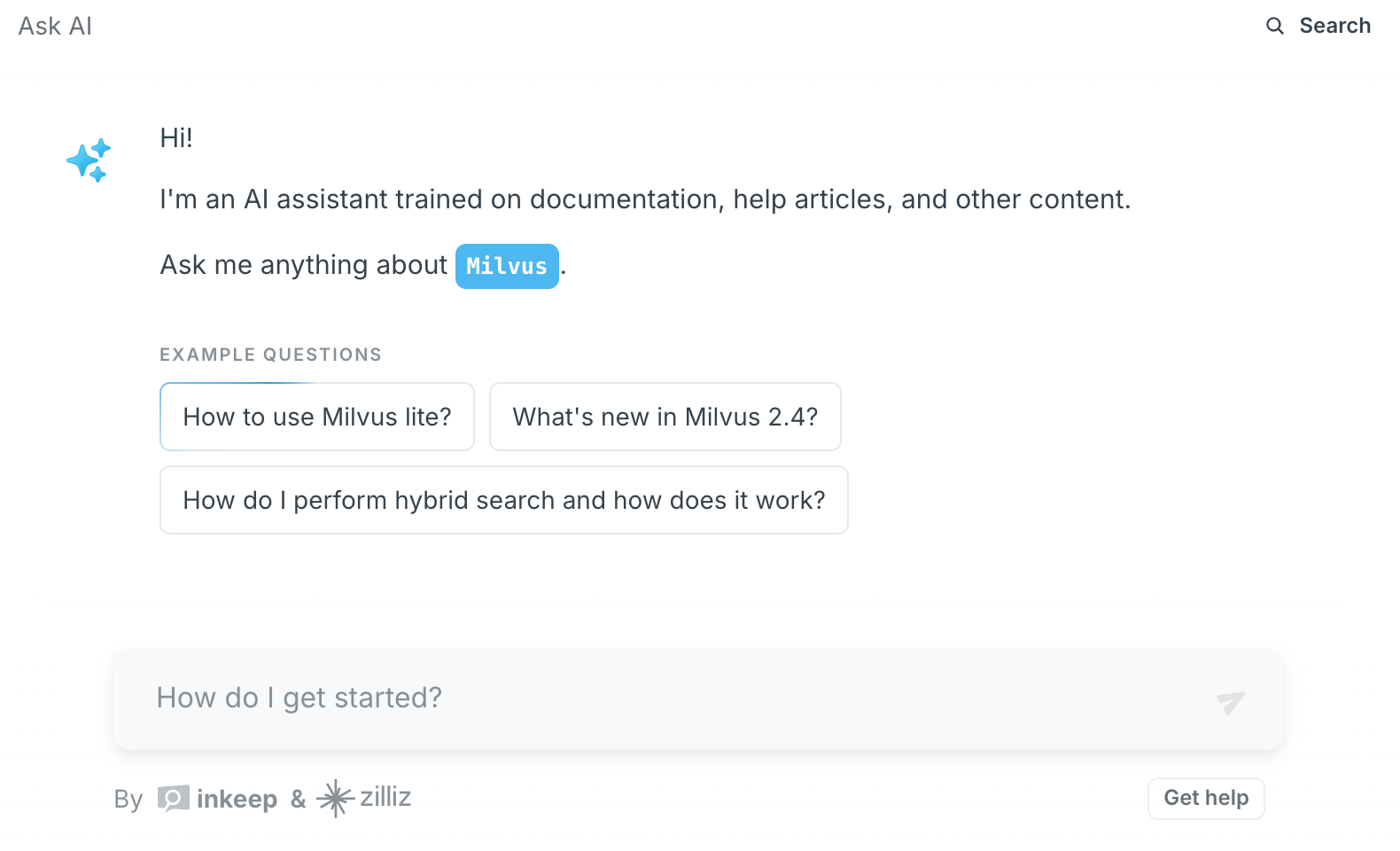Frameworks like LangChain and HuggingFace’s RAG implementation simplify integrating retrieval and generation components by providing pre-built tools, standardized interfaces, and abstraction layers. These frameworks handle the complex orchestration required to connect data retrieval systems (like databases or search engines) with generative models (like LLMs), reducing the need for developers to write custom glue code. They offer modular components that streamline tasks such as document loading, embedding generation, context-aware querying, and response generation, allowing developers to focus on higher-level application logic instead of low-level integration details.
For example, LangChain provides a unified interface to connect retrieval systems (e.g., Elasticsearch, FAISS) with generative models (e.g., GPT-4, Llama). A developer building a question-answering app could use LangChain’s RetrievalQA chain to automatically fetch relevant documents from a vector database and feed them as context to an LLM. This eliminates the need to manually handle steps like chunking text, generating embeddings, or formatting prompts. Similarly, HuggingFace’s RAG implementation abstracts the training and inference pipeline for retrieval-augmented generation. Developers can use pre-trained RAG models (combining a retriever like DPR and a generator like BART) through a single API, avoiding the complexity of aligning retriever outputs with generator inputs or managing model compatibility.
Beyond simplifying setup, these frameworks address optimization challenges inherent to hybrid systems. LangChain includes utilities for managing context window limits, caching repeated queries, and balancing retrieval accuracy with computational cost. HuggingFace’s RAG handles fine-tuning workflows, allowing developers to jointly train retriever and generator models on custom datasets for domain-specific tasks. Both frameworks also mitigate common pitfalls, such as ensuring retrieved documents are relevant and properly formatted for the generator. By offering community-supported, tested solutions for these issues, they reduce trial-and-error and enable faster iteration. For instance, a developer using LangChain can leverage built-in prompt templates to avoid hallucinations, while HuggingFace’s integration with the Transformers library ensures compatibility with a wide range of models. This standardization lowers the barrier to building robust retrieval-generation systems.
